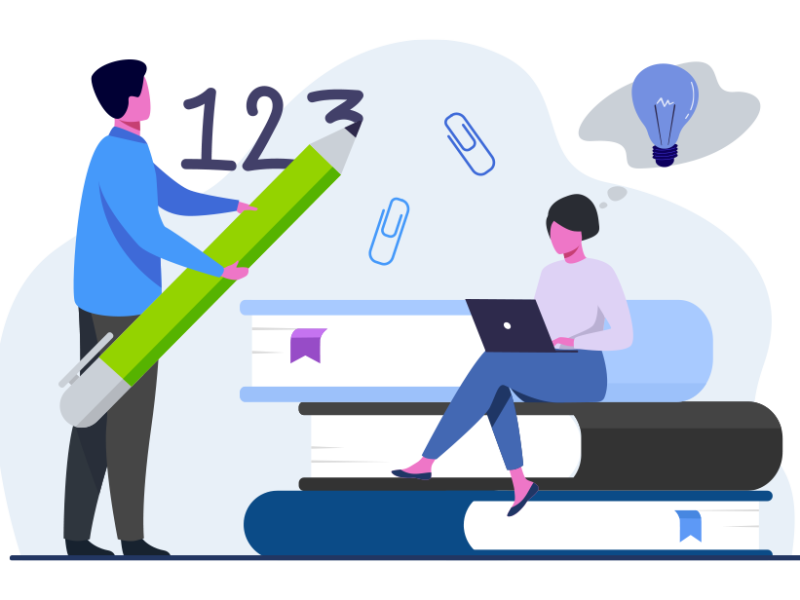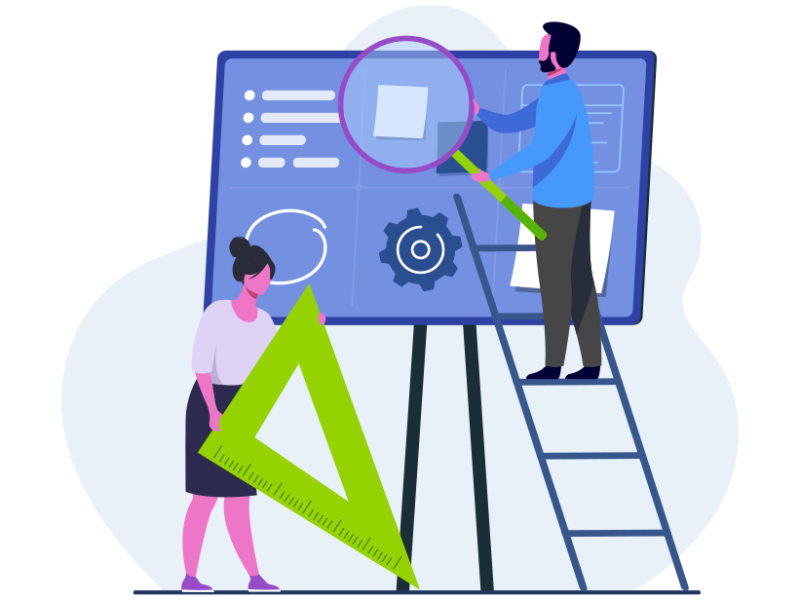Explore Our Latest Ideas
We are continually updating our offerings and generating content in response to developments in our field. Stay up to date on our latest white papers, blogs, guides, and infographics here.
Search by Topic
Are you interested in learning more about accessibility? Are you in the middle of redesigning your assessments or updating your lecture videos, or looking for ways to customize your LMS platform or course? Click the icons below to search Envision by topic.
Plan, Build, Teach
Envision contains resources for every phase of the build process, from the outlining phase through grading and, eventually, making targeted revisions. Use the buttons below to explore our offerings by category.
Did We Miss Something?
We try our best to publish content that our visitors will find useful and relevant. To help us keep that at the forefront, please let us know if you came here for something and didn't find it.














